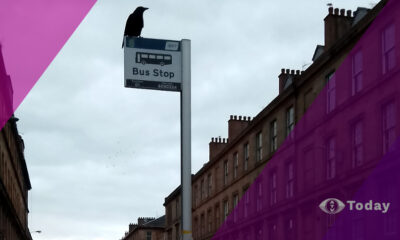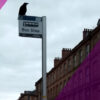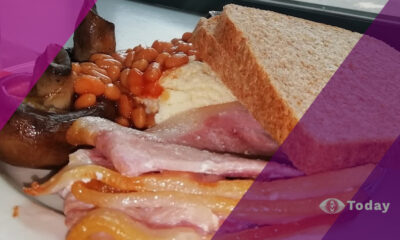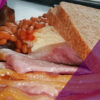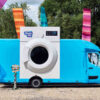New data released today by CounterSpike reveals that spiking, and concern about being spiked, is reaching epidemic levels in the UK….
The survey of a wide selection of UK adults reveals 6.6 million [12%] Brits have been spiked during their lifetime and a further 11.7 million [22%] Brits who haven’t been spiked know someone who has been.
Furthermore, over half of UK adults (52%) feel the drinks spiking epidemic is on the rise, with more (59%) saying if there was something available to test their drink in order to protect against spiking, they would use it. Half of those who have been spiked felt ‘safe’ before it happened (56%), roughly the same number across all UK adults that stated they feel ‘safe’ going out in the evening for a drink (59%).
The peak summer months of July and August are anticipated to bring a high incidence of spiking as young adults enjoy post school and university exam parties alongside the UK festival season. Young adults are the most concerned about drink spiking with 72% of 18-24 year olds anxious about being spiked on a night out.
In a bid to promote a safer summer – and beyond – and remove the chronic anxiety around spiking felt by parents and young adults alike, CounterSpike has teamed up with presenter and social activist Ashley James and charity Spike Aware UK as part of a new campaign which aims to educate people on the dangers and motivations of spiking.

The campaign encourages people to act now and protect themselves against spiking. The campaign also calls for police, government, charities and businesses to pull together and create the impact and noise needed to tackle the spiking epidemic.
Fear and anxiety around spiking is also plaguing the UK’s already fragile nighttime economy with nearly half of all adults [44% – 23.8 million] worried about being spiked on a night out. The reality of where people are being spiked is also quite different to the perception of where people are most at risk. 85% of UK adults said that they think people are likely to get spiked in a nightclub, 52% at a festival and 50% at a pub. In reality, 35% said they have been spiked in a nightclub, and 30% in a pub. Only 8% have been spiked at a festival.
Unsurprisingly, 53% of those who worry about being spiked are women [and 34% men]. Fear and anxiety around spiking is further fuelled by the perception that spiking is hard to prove, alongside the shame and embarrassment felt by victims.
A fifth [22%] of victims neither reported or told anyone about being spiked and only 11% of spiking victims reported their incident to the police. Two thirds (66%) of those who didn’t report being spiked didn’t even realise they had been until later. A sixth (17%) were too embarrassed, and the same proportion didn’t think they would be taken seriously (17%). A tragic 7% didn’t report it to anyone at all because they thought it was their own fault.
This data comes hot on the heels of the government’s introduction of a new offence under the Policing Crime Bill, aiming to make it easier to prosecute those who administer harmful substances without consent. The new offence modernises the language, increases the maximum penalty for the most commonly used offence, and updates how and in which courts these offences are dealt with.
But this is just one part of the solution – government, venues, police, charities like Spike Aware UK and ‘solution’ providers like CounterSpike need to work together to build awareness, promote safety measures and encourage reporting to enable perpetrators to be found and prosecuted.
Worryingly, over a quarter [27%] of UK adults leave their drinks unattended in pubs, even though 30% of spiking victims say that’s where they were spiked. The survey did also uncover things that would make people feel safer when going out in the evening and having a drink: 45% said more obvious CCTV inside venues, 38% said anti spiking tests at the bar [31% men and 44% Women], 25% said shelves in toilets for drinks and security guards allowing drinks outside, 27% said an app, and 32% said there should be a universal code word for when people think they’ve been spiked.
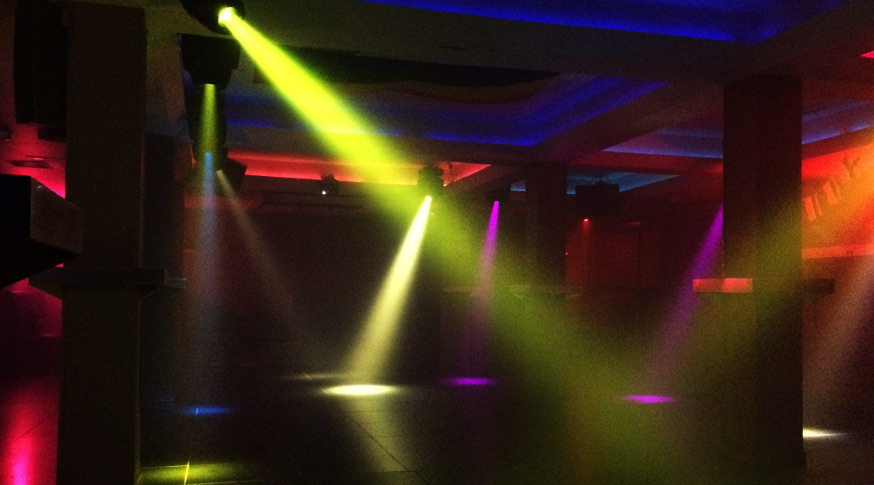
In a bid to help with interim solutions, CounterSpike was founded by a group of passionate entrepreneurs. One of the founders, Mark Ackred, was spiked at a family festival whilst looking after his children which was the catalyst for him to do something tangible to counteract the issue of spiking. CounterSpike has since, with the help of a King’s Award-winning lab, developed a spiking test kit called SpikeStixx that enables people to test their drinks and protect themselves against spiking. To compliment this, CounterSpike has also launched a series of education and training programmes for staff across UK venues, pubs, bars across the UK to tackle spiking, as well as for universities and schools.
Ackred insists safety is a right for people on a night out “This is about enabling people to go out, socialise and feel safe. It is about educating, equipping and empowering people — ensuring that safety is never a question, but a guarantee. It is also imperative to gather more data about this issue, so we have created the CounterSpike app that enables you to pre-select friends you are going out with and alert them if there is an issue. The app will, amongst other things, also geo-locate you and send a what3words to your friends as well as time stamp the incident to help police in catching the perpetrator.”
Another person fighting hard to raise awareness of spiking and provide support for spike victims is Colin Mackie, founder of the charity Spike Aware UK with his wife Mandy. He has also been instrumental in lobbying the government to criminalise spiking following the heartbreaking death of their son Greg [19] from ‘prank’ spiking. Mackie is tireless in his work to ensure that no one has to go through what he and Mandy went through with their son.
3,000 UK adults took part in the latest research.


